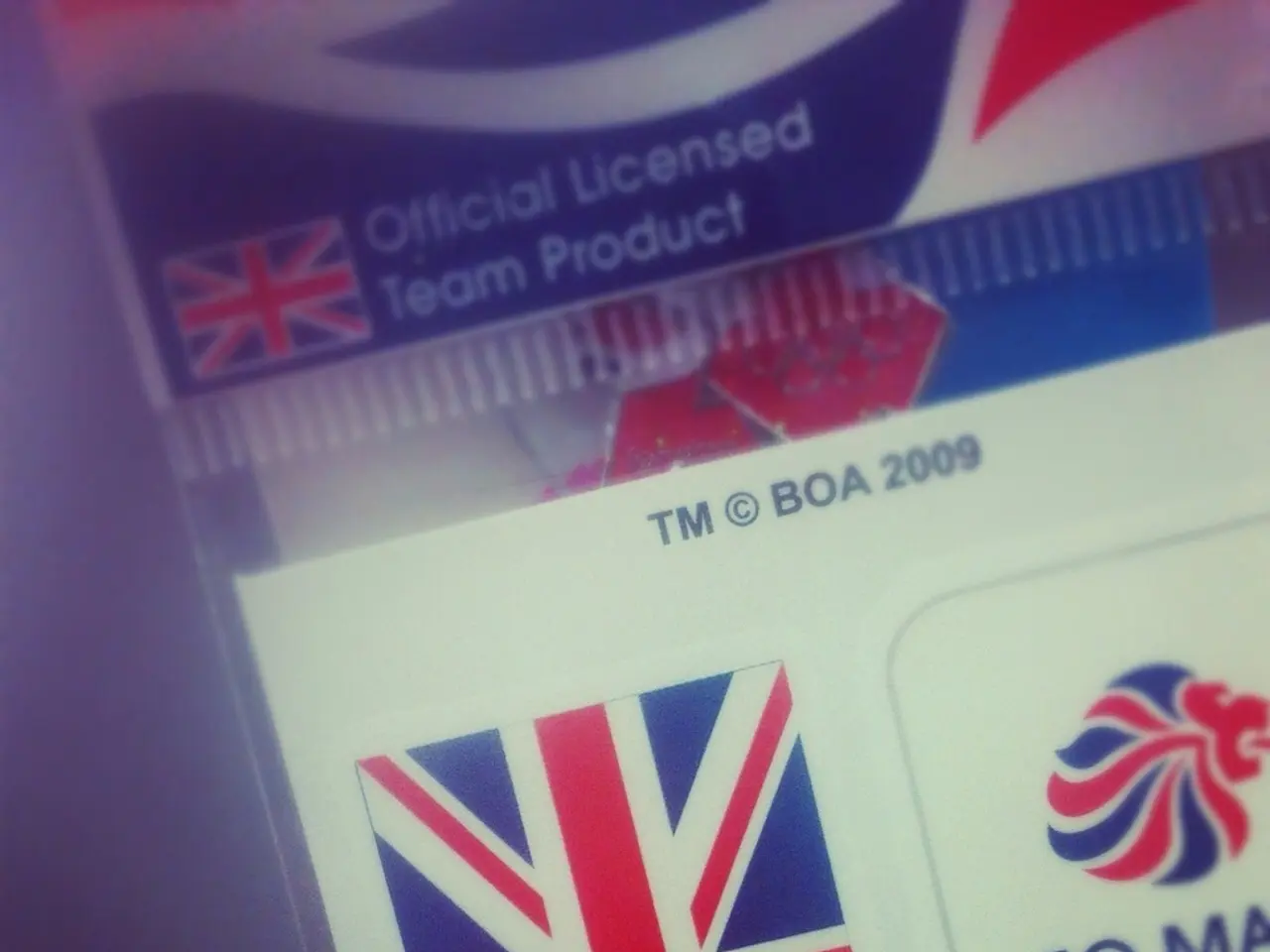Online data requests by California police now require warrants for authorization
The Email Privacy Act has taken a significant step forward in the US, as the House of Representatives has passed the bill. The act, if enacted, would update the Electronic Communications Privacy Act of 1986 (ECPA) to require the government to obtain warrants for accessing emails.
This act does not explicitly mention specific tech companies such as Facebook, Messenger, Twitter, Pinterest, LinkedIn, Whatsapp, or Email. However, it's worth noting that major tech companies like Google, Apple, Facebook, Twitter, and several others have voiced their support for the bill.
The Email Privacy Act, if passed, would apply to all emails, not just those of specific tech companies. This is a departure from the current situation, where state privacy laws create a patchwork of regulations for businesses in the United States.
Meanwhile, California has already taken steps to strengthen digital privacy. The state has signed S.B. 178, the California Electronic Communications Privacy Act (CalECPA). This law requires law enforcement agencies to obtain a warrant before accessing digital records, including emails and texts, as well as GPS data.
CalECPA is considered one of the strongest laws in the US for protecting electronic communications from government surveillance. It requires a warrant for electronic information to describe with particularity the information to be seized, and it goes further than the federal ECPA by requiring a warrant rather than a subpoena or court order in most cases.
In comparison to other California privacy laws like the California Consumer Privacy Act (CCPA) and California Invasion of Privacy Act (CIPA), CalECPA primarily focuses on warrant requirements for accessing electronic communications and device data. On the other hand, the CCPA is a consumer data privacy law that focuses on consumer control over personal data held by businesses, while CIPA prevents unauthorized recording and interception of confidential communications.
The passage of the Email Privacy Act in the House of Representatives does not guarantee its enactment. The bill still needs to be approved by the Senate and signed by the President. However, the bipartisan support it has received so far is a promising sign for its future.
In essence, both the Email Privacy Act and CalECPA aim to protect Americans' emails from government surveillance, with CalECPA providing stronger protections for Californians by requiring a warrant for government access to electronic data. Other states' privacy laws vary widely, with few matching California’s comprehensive digital privacy protections.
References: [1] https://www.aclu.org/issues/privacy-technology/surveillance-technologies/california-electronic-communications-privacy-act [2] https://www.eff.org/issues/california-electronic-communications-privacy-act [3] https://www.californiavotersfoundation.org/calecpa/ [5] https://www.privacyrights.org/calecpa
Technology companies, such as Google, Apple, Facebook, and Twitter, have voiced their support for the Email Privacy Act, demonstrating their interest in enhancing email privacy through technology. If the Email Privacy Act is enacted, it would apply to all emails, including those offered by these companies, as technology is the medium through which emails are transmitted and stored.




